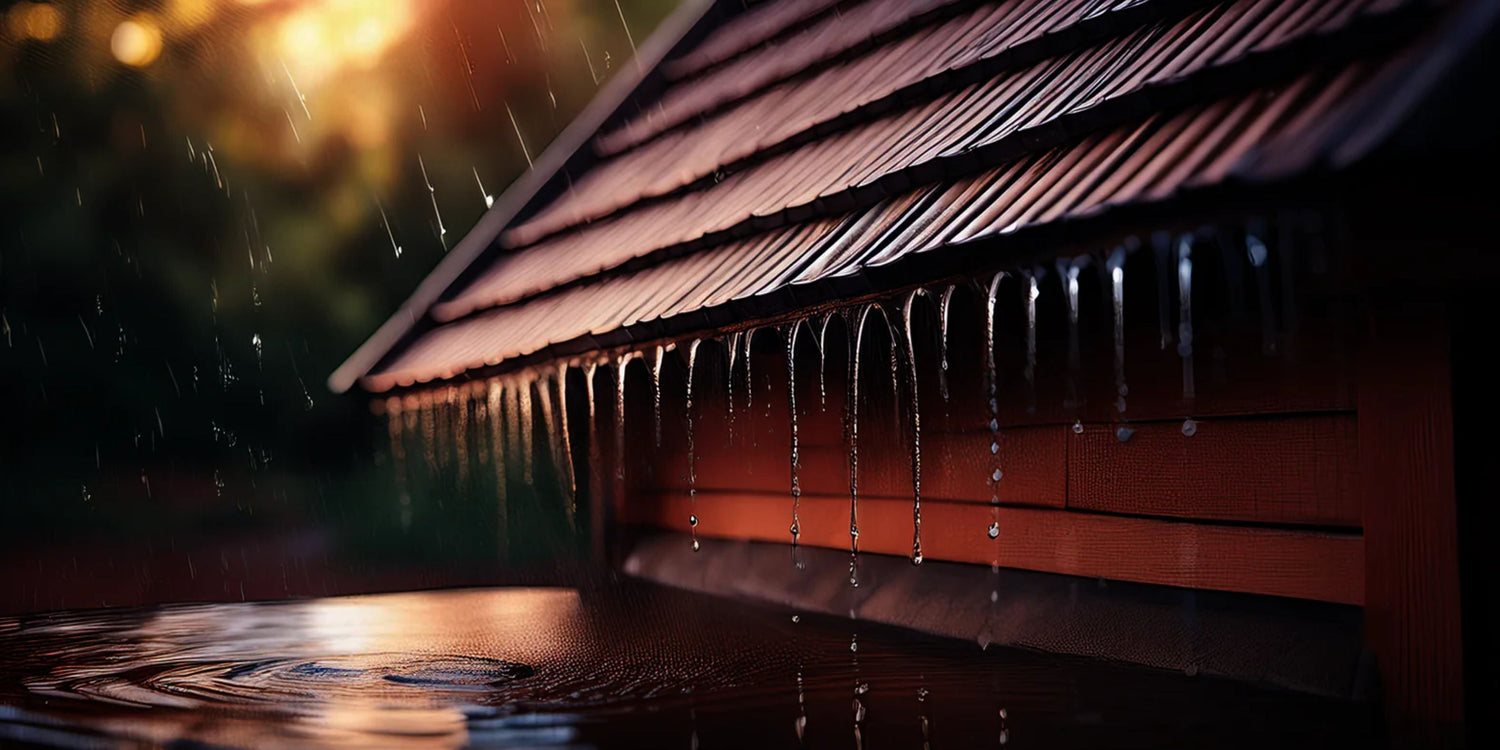Rainwater harvesting is the process of collecting and storing rainwater for future use. It is a sustainable solution that reduces reliance on municipal water supplies and helps conserve water.
Whether at home or on farmland, a rainwater harvesting system combined with a rainwater filter system ensures clean water for multiple uses while promoting environmental sustainability.
Why Rainwater Harvesting is Important
Water is essential for all life on Earth. However, climate change, population growth, and urbanization often reduce water availability. Using a rainwater harvesting system can:
-
Lower water bills and household expenses
-
Reduce dependence on groundwater and municipal supply
-
Provide water during droughts or water shortages
-
Minimize flooding and manage stormwater efficiently
With a rainwater harvesting filter for home, the collected water is clean and safe for everyday use.
Top Benefits of Rainwater Harvesting
Implementing a rainwater harvesting system offers multiple benefits for both homes and farms:
1. Reduce Water Bills
Using harvested rainwater can lower monthly water bills. A rainwater filter system ensures safe water for:
-
Washing clothes
-
Flushing toilets
-
Cooking and drinking
2. Self-Sustainability
Harvesting your own water makes your home or farm less dependent on municipal supply. A home water filtration system ensures consistent access to clean water.
3. Irrigation for Crops and Farmland
A farmland rainwater harvesting system supplies water for crops efficiently, reducing costs for traditional irrigation.
4. Watering Livestock
Farmers can use harvested rainwater for livestock, providing a reliable and sustainable water source.
5. Recharge Groundwater
Harvesting rainwater replenishes groundwater aquifers, supporting long-term water sustainability.
6. Environmental Benefits
Reduces runoff, prevents erosion, and lowers environmental impact. Using rainy filters helps maintain water quality.
7. Domestic Use
A rainwater harvesting filter for home or rainwater filter system ensures safe water for household activities.
How to Harvest Rainwater Effectively
-
Install a Rainwater Harvesting System
-
Collect water from rooftops and store it in tanks or cisterns.
-
-
Use a Rainwater Filter
-
Removes debris and contaminants for safe use.
-
-
Connect to Home Water Systems
-
Integrate harvested water with sinks, toilets, or irrigation systems.
-
-
Monitor and Maintain
-
Check gutters, tanks, and filters regularly.
-
Even small systems with a rainy water filter can save significant water and money.
Tips to Maintain Your Rainwater Harvesting System
-
Inspect Gutters and Downspouts: Keep free of debris
-
Check Storage Tanks: Repair leaks immediately
-
Monitor Rain Forecasts: Empty tanks before heavy rains
-
Clean Filters Regularly: Maintain water quality in rainwater filter systems
FAQs:
-
What is a rainwater harvesting filter?
A rainwater harvesting filter removes debris and impurities from collected rainwater, making it safe for home or farmland use. -
How does a rainwater filter system work?
A rainwater filter system captures water from rooftops or catchment areas, filters out dirt and particles, and stores it in a tank for later use. -
Can I use harvested rainwater for my home?
Yes, with a rainwater harvesting filter for home, you can safely use rainwater for flushing toilets, washing clothes, irrigation, and other domestic purposes. -
How much does a rainwater filter system cost?
The price of a rainwater filter or rain water filter for home depends on system size, type of filtration, and storage capacity, ranging from small home setups to large farmland rainwater harvesting systems. -
Is rainwater harvesting suitable for farmland?
Absolutely! Farmland rainwater harvesting systems provide water for crops and livestock, improving self-sufficiency and supporting sustainable agriculture.
Conclusion
Harvesting rainwater is eco-friendly, cost-effective, and sustainable. Start using a rainwater harvesting filter for home or explore a complete rainwater harvesting system today.

